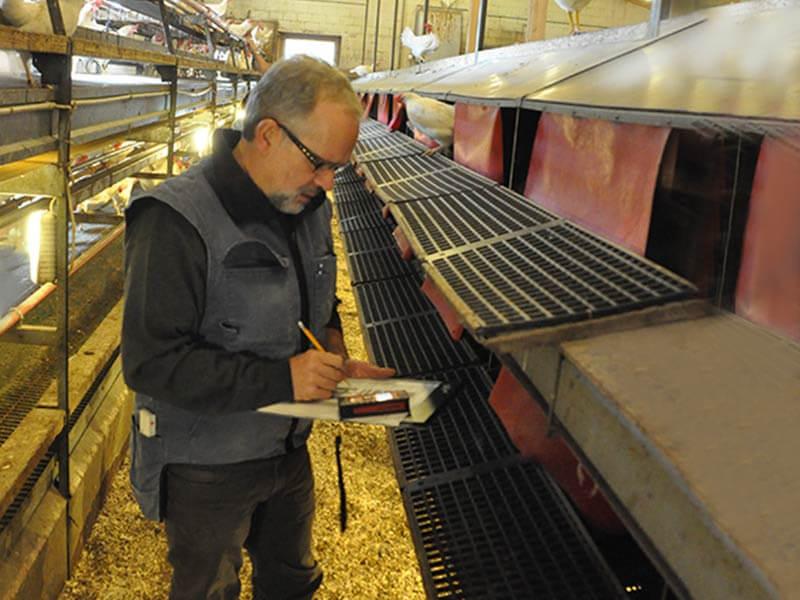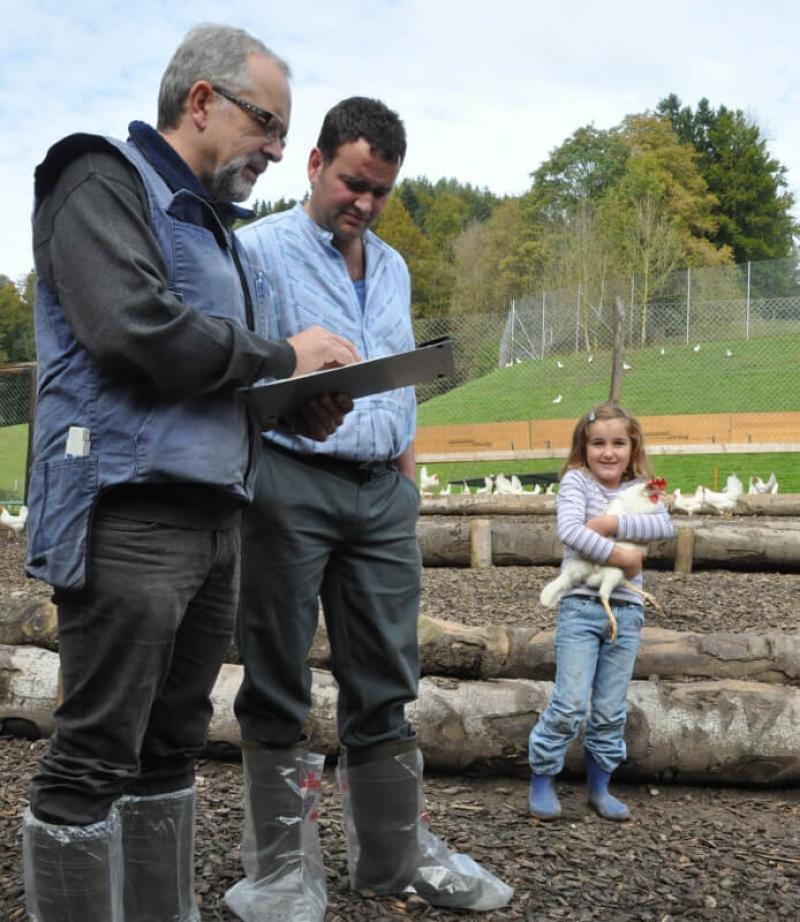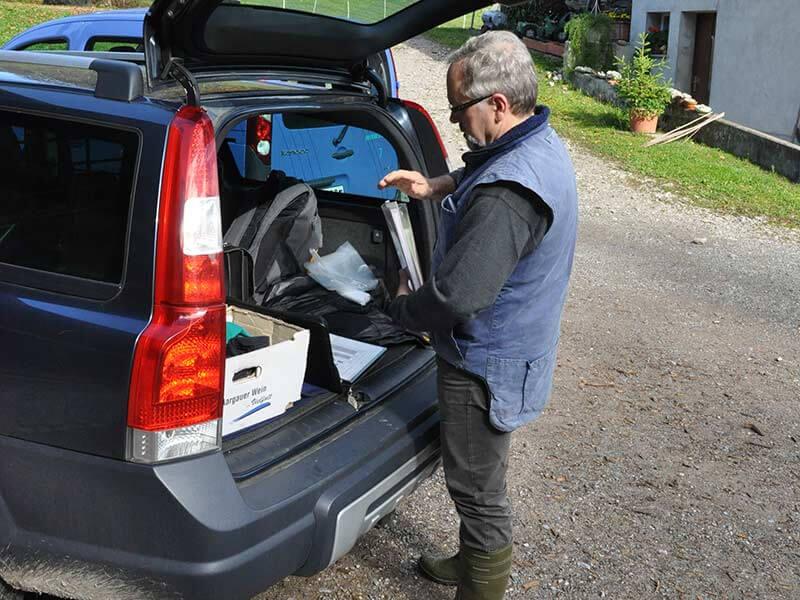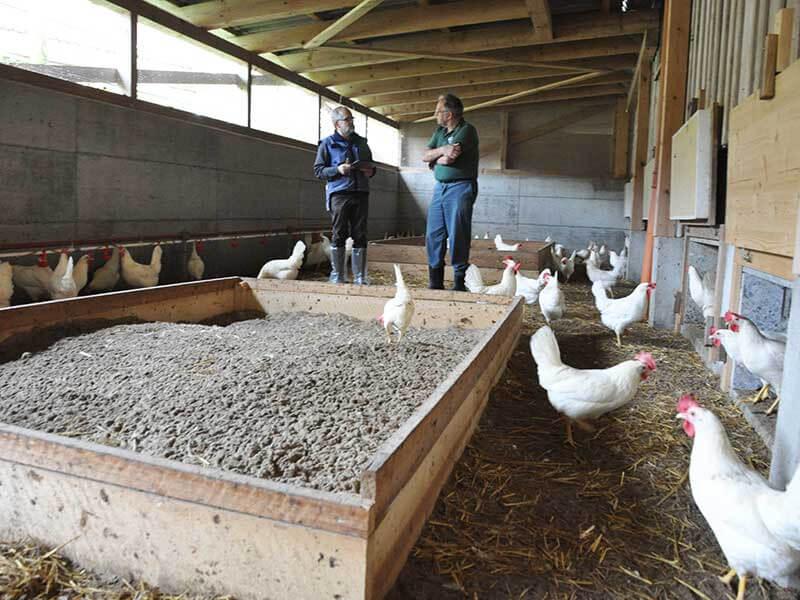
Organic inspections in 2019
A review from the perspective of bio.inspecta AG in Frick

The 2019 main inspection season on organic farms is coming to an end. Only a few individual inspections are still pending which, for a range of reasons, could not yet be conducted. We are therefore in a position to undertake something of a summary review, based on the evaluated results and on our impressions.
The 2018 drought year made itself felt well into 2019It was strongly evident that the dry summer of 2018 left many farmers worrying right up to the start of the 2019 growing season, and as the month of May was too cool and locally also too wet, the state of emergency continued into early summer on many organic holdings. Due to the weather conditions numerous farmers were unable to release their stock outdoors onto pasture in the spring and many of them had completely exhausted their feed reserves. Some organic farms were forced to purchase additional feed at a late stage, and if organic feed was not available they had to do so using a derogation for buying in non-organic roughage.
The different cantons had different regulations in place to deal with the impacts on nutrient or feed budgets of feed purchases, where necessary, or sales forgone in 2018. However, we are not aware of any organic farms in Zürich that had issues with regard to nutrient or feed budget imbalances as a result of the 2018 summer drought.
2019 impact of amendments to rules and regulationsIt was particularly pleasing to learn that there was no notable impact in terms of identified non-compliances resulting from the amendments to rules and regulations. The farms’ professional flexibility and their ability to deal with annual amendments to rules and regulations deserve the greatest respect.
Non-compliancesOrganic inspections are conducted in order to guarantee the quality of organic products as well as compliance with standards and regulations. This is the mindset with which the organic inspectors approach their work. Unfortunately it is unavoidable that non-compliances are noted and recorded at approximately 10% of farms (this is our long-term experience). Many of the non-compliances are minor and do not have financial repercussions.
The most frequently noted non-compliances in the 2019 inspection year were:
- Non-compliances with regard to feedstuffs
- Non-compliances with regard to livestock housing or quality of care
- Management records for arable land and/or grassland (Feldkalender, Wiesenjournal ) missing or incomplete
- Missing soil analysis
- Purchases of non-organic livestock without derogation
- Treatment journal missing or incomplete
- Direct sales: non-compliances with regard to labelling rules
Our inspectors have confirmed that journals that are placed, with a pen attached, in highly frequented locations (fridge) tend to be duly kept.
Conclusions and thanks
Inspections record no non-compliances on 90% of farms, a result that is remarkable in itself. Given that the farm managers are set a high bar and must also deal with periodic amendments to the rules and regulations, their work is deserving of great respect. Once again, this year has shown that the organic farming sector in Switzerland is operating at a high qualitative level.
As inspector and certifier we are delighted and also honoured to be able to contribute to making this major undertaking successful.
On this note, and on behalf of bio.inspecta AG in Frick, I would like to take this opportunity to express my sincere gratitude to our clients for placing their trust in us!
Andreas Müller, bio.inspecta AG, Frick




